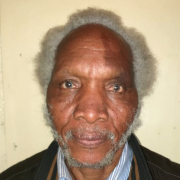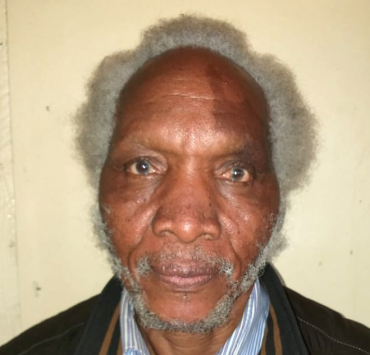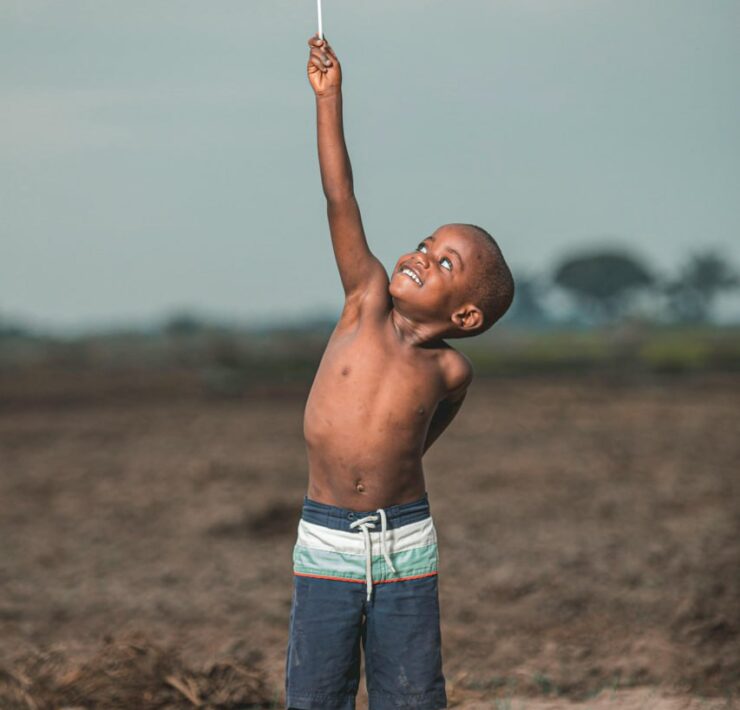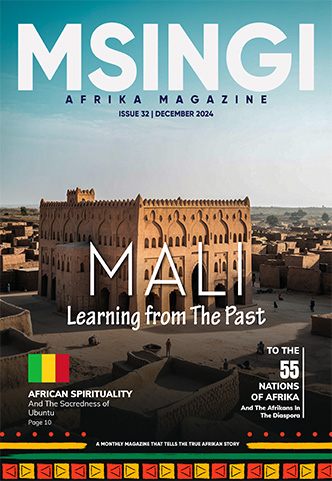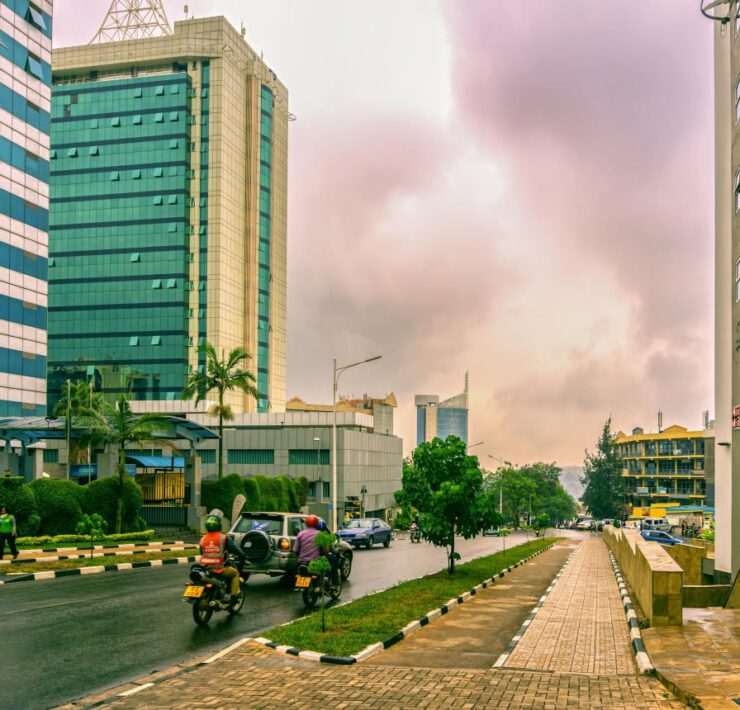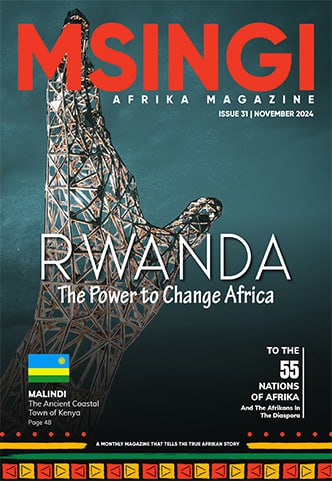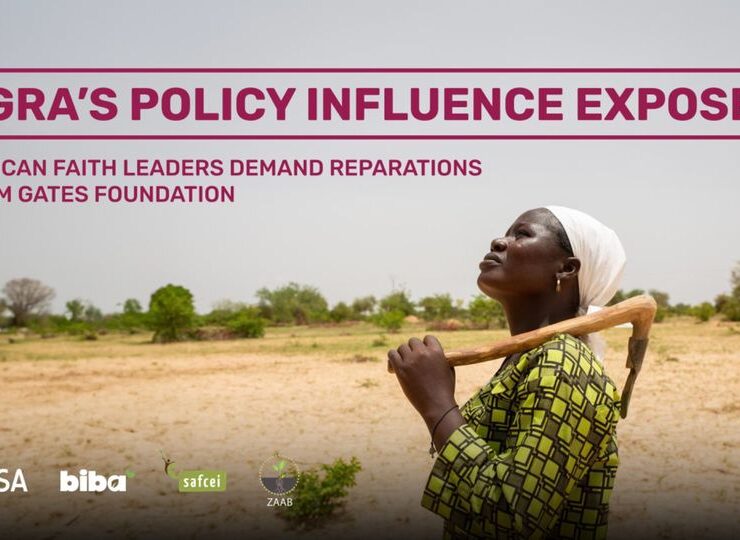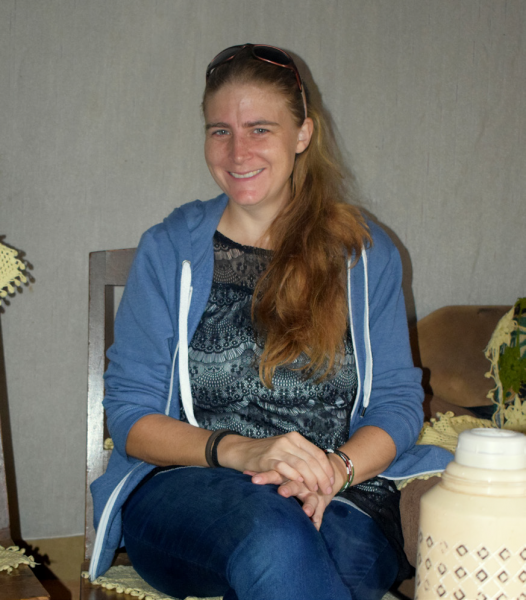
Samuel Phillips is a writer, graphic designer, photographer, songwriter, singer…
Read Next
Loving God and serving men is found in the little things we do that leaves beauty and sweet smiles on the faces of those we meet each day.
BRIGITTE NÄF

Brigitte Näf runs a program called Mwamba Fels which supports boys who are in very difficult, traumatizing situations in Kenya. Mwamba, which means Rock, after Christ the solid Rock, has become a platform upon which these boys’ lives are restored and they are given an opportunity to pursue the dreams they may not have been able to before.
Funnily enough, Kenya was not the country she had wanted to work in as a missionary, and she also preferred to work with younger children mostly… but God had other plans. This is her story, seven years later.
Tell me about yourself, your name and what you do and who you are especially.
I am Brigitte, I am originally from Switzerland. I am 36. I studied Social Work and something similar to Pharmacy, though it’s not exactly the same. In November I will have been in Kenya for seven years.
How did you get to understand that you were supposed to come to Kenya to do this? Is there anything that was indicated to you?
Actually, when I was 11, my mom got saved. Some missionaries came to our church and they played some videos and talked about the missions they do. The movie was about a refugee camp somewhere in Afrika and they treated people who were really sick, and I felt, I can never do this; but I think it was that day that the Lord put the wish in my heart to go to Afrika one day as a missionary.
My perspective of missionary work has changed over time, as a teenager I thought it was an adventure to be in the jungle to reach a tribe who had never heard about the gospel who has no idea about civilization. Then with time I realized that being a missionary is not about adventure in the first place; it’s about loving people. So I started to pray that God would give me a love for the people I would serve one day.
As time went by, I had friends who would go to Afrika for short mission trips, but I didn’t get to go. Instead, I went to Eastern Europe with the teenagers, I also went to America for a mission for five months, but I always said, “God, I want to go to Afrika I don’t want to go to Eastern Europe; I don’t want to go to America.” But somehow it just wasn’t happening. In the end I felt God led me away. It was a tough time, because somehow you know what you want, but you don’t know exactly what. But the one thing I knew, not Kenya, because I said, Kenya has so many Christians, it’s too developed, so I wanted to go somewhere else, not Kenya.
In the meantime I started a second education as a social worker; because I was told either social work or nursing were the best preparation for missionaries. Then I met someone who I discipled for some time and we became friends; she was a Kenyan. After a while she started to travel to Kenya quite often, and then she met a guy. Two or three years later, they decided to get married and she invited me and some friends for her wedding in Kenya. She asked me if I would be interested in seeing a children’s home in Kenya. She knew someone who was running a home in Kenya, for 40 boys, all alone. I had to see that.
After the wedding, some friends and I went to see the home and God gave me a love for these boys! When I came back, everybody was really excited and they formed a group to help this home, I couldn’t afford to help a lot as I was still studying; but this home never let me go. About six months later, a friend told me to decide what to do after my studies because if I were going somewhere we would need to release the house we were staying in. I really started to pray to know whether this could be where God wanted me to be. So in May 2012 I came for a week, just to see if I could imagine staying here for longer and a lot of things came together which just really proved this was really God’s will for me.
Tell me about Mwamba Fels.
Mwamba has a bit to do with the home. I decided to serve at the home for one year to see how God would lead me. Deep inside I knew it would be a longer thing but I didn’t want to decide to leave Switzerland for good. After two weeks of being there, I realized that something in the home was not right, but I couldn’t find out what. However, 10 months later, two of the boys told me that they were being sexually abused by the director. Suddenly all of my questions were answered, because for me it was obvious, psychologically I could prove it. Everybody told me not to report it because they could change the case and turn it against me, but I said if I know things like these, I can’t go home and pretend that everything is okay. So I reported to the children’s officer and to the police. I said, if I say A – I also have to say B, so that if these boys come out of the home, they don’t end up on the streets. So it’s like I was thrown in (to Mwamba). I had always said that I wanted to work with kids not with teenagers, but these boys became teenagers!
I started to help the ones who came out so that they could either go back to school or start school. At the beginning there were five then one by one they came. I tried to reintegrate them into their families, but some of the boys’ homes are too far to travel to during the holidays, so I started to rent another house for them where I live. We have three who stay here when they are on holiday but during the long holidays they also go home to their parents. The initial number grew from 5, until at some point there were 30, now the number is down to 18. Some ran away, some were expelled from school. Not everybody wants to be helped somehow.
Yes, I think that’s true. So you’ve been doing this for over six years now. What would you say has been the positive effect of the work with the boys?
Sometimes I also ask myself this question, because the transformation was really slow. I started helping them when they were 14, 16, and even 20; at this age changes come slowly. A lot of them are traumatized, but I can say, especially for the ones I had from the beginning, they have started to take responsibility for themselves, for their actions, they also take responsibility for others and they are growing in faith in their relationships with God. Two of them got baptized, one this year, the other one last year or two years ago. For me it was nice, because when they were in the other home, they were told ‘either you get baptized or you can go’, but now they decided to do it because they believed. When somebody was forced once and then now they make a decision, they really have to have a relationship with God to do that again. One of them even encouraged others from the church to get baptized. These are really nice things to see.
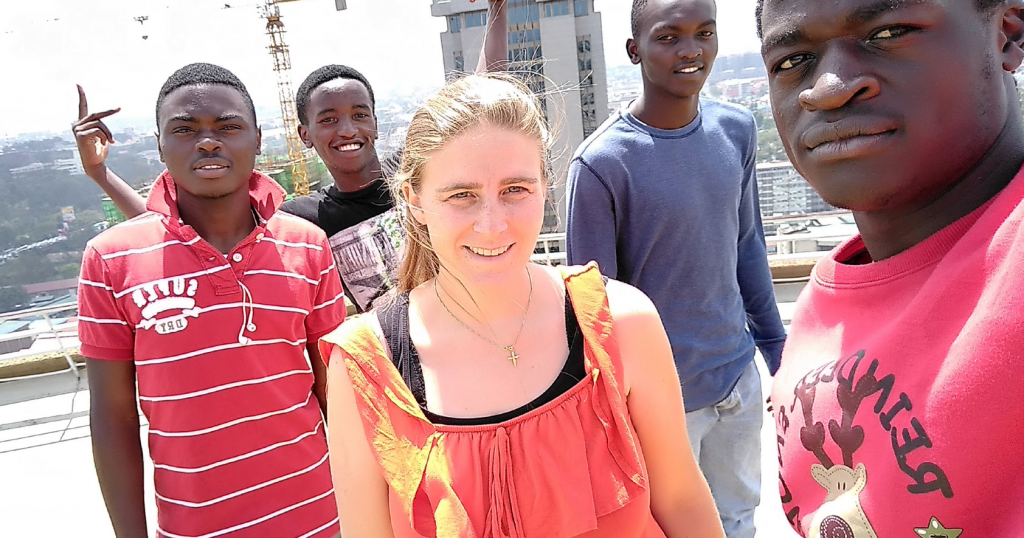
Another of the boys I supported is a father now, he has a wife and he works. Others you have to push a bit because it’s not easy to find a job or internship. I just had three young men who finished everything and now they are looking for jobs. They are not supported by Mwamba anymore which I think is also an improvement.
How have you been able to manage financially to support these guys over the past six years?
I don’t know! That’s God’s business. When it started I also had no idea how this would work, because I also don’t like to ask people for money. And I told God, if you want me to do this, this is too big for me anyway; but what I realized is if God gives you a task, He will finance this task. Friends would come in when I didn’t expect them to. One time, my mom went to cook at a youth camp and she met one of my friends and he asked her how I was doing, so she told him what happened with the home and he was just pushed by God somehow to send money and the money was enough for two of the boys for whom I was looking for money so that they could finish Form Four (their final year). He catered just enough for their school fees for the last year. Sometimes I say to God, “I don’t know how to pay all the school fees.” Like this time, there were three days left and a lot of money was lacking to pay for school fees and then a friend of mine sent me the whole amount. And when I wrote him and told him “You’re really an answered prayer, thank you very much.” He told me, “Don’t thank me, God told me I should send you that money.” Sometimes it is last minute but it is never too late.
So what would you say is the most critical challenge you have faced in working with the boys?
I know that some of the boys have problems with drugs. One of the boys once broke into my room when I was in Switzerland and stole a lot of money. For me it’s the trust, I cannot trust them, you never know. Sometimes they tell you the transport money is such and such and you know it’s not. This for me is a challenge, because I know how important trust is. That your self esteem can grow when you are trusted. That’s one thing. And the other thing is that these are actually young men. I now have some younger boys again, but most of them are between 18 and 23. How much freedom can I give, especially the ones who stay here? If I give too much, they misuse their freedom. I don’t want to control them too much, because how can they learn to take responsibility? But if you don’t control them, you have drugs and girls in the house. So, it’s a challenge for me to find this balance in a good way.
Brigitte has come up with some innovative projects and approaches to teach the young men in her charge some responsibility, one of which is a chicken project, the other is a financial model for how to manage money and to learn how to be faithful with it, or else deal with the consequences of not being faithful.
Having worked with these boys for six years, based on experience, what do you think is the biggest challenge for the Afrikan child?
I think it’s to build trust. When I see the children today, they want something and the parents say “Tomorrow”. But you already know that tomorrow there is nothing like that. So they learn from a young age that ‘I cannot trust somebody to tell me this, so if I cannot trust a grown up then you come and tell me there is a Good Father in Heaven I can trust, how will I trust God?’ I think that it’s a big challenge to have relationships. People don’t know what a good, healthy relationship is. There are also a lot of broken families and some people don’t even know what a family is. I feel like people are always saying, ‘will he cheat me now?’ It’s like everyone is fighting for himself to come through life. And I think this also brings challenges in the fight to end corruption and to really live a life of integrity, because it’s hard to find people who live that way!
So what’s your advice for getting solutions for these challenges?
To become real and we need integrity and to let God change us, let Holy Spirit change us.
Is there anything you want to say to Afrikan parents about child or children development?
I think it’s not just Afrikan parents. What I see around me in the surroundings I am in and in the church is that Afrikan parents are starting to look to the Western culture and saying they grew up in a certain way and their children should not suffer and are now pushing away all the troubles from them and I think that’s not healthy at all. Allow the children to have their own experiences and to learn through suffering.
Also a lot of parents are so busy trying to make sure their children have everything materially, but they don’t have their parents, they are not there. The parents leave the house when they are asleep, the house help wakes them up to make sure they go to school, the children come home, the house help brings them to bed, the parents come home when they are already asleep. The children need their time with their parents; the children need to see they care.
Are there any words you would like to say to the people who are doing the same kind of work you are doing in Afrika maybe your advice or counsel to them how to do better?
I think to do something like I do like helping these boys or helping anyone; we have to be close to God, to really seek Him to let Him work through us. After I did it for a time I felt like I had no idea how to love these boys anymore, because sometimes it can be really frustrating. Then I said God, “You say we should love, but at the moment I don’t see how, I really need Your help.”
It’s just to be close to God and let Him give you what you need because you can burn out so fast. I don’t say that I get it all the time. I need to work together with God because a lot of these boys went through really bad experiences and need to find healing. I cannot bring them healing, I cannot bring them what they really need – it’s only God and if I’m not close to God, how will I bring them there?
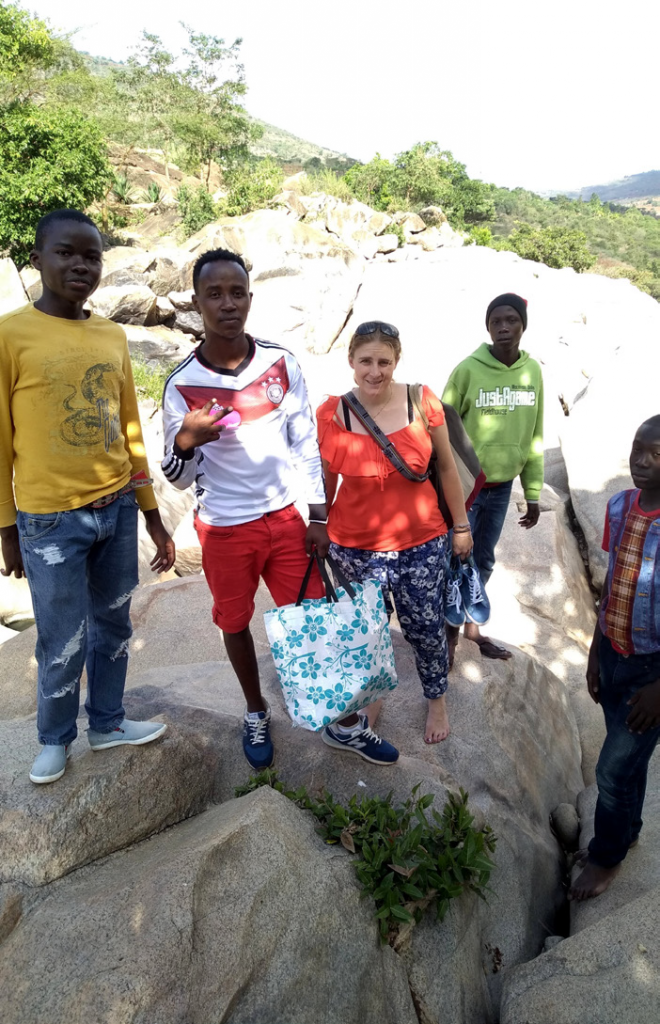
Subscribe now for updates from Msingi Afrika Magazine!
Receive notifications about new issues, products and offers.
What's Your Reaction?
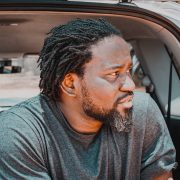 PIN IT
PIN ITSamuel Phillips is a writer, graphic designer, photographer, songwriter, singer and a lover of God. As an Afrikan content creator, he is passionate about creating a better image and positive narrative about Afrika and Afrikans. He is a true Afrikan who believes that the true potential of Afrika and Afrikans can manifest through God and accurate collaborations between Afrikans. Afrika is the land of kings, emperors, original wisdom, ancient civilizations, great men and women and not some road-side-aid-begging poor third world continent that the world finds joy in undermining.








